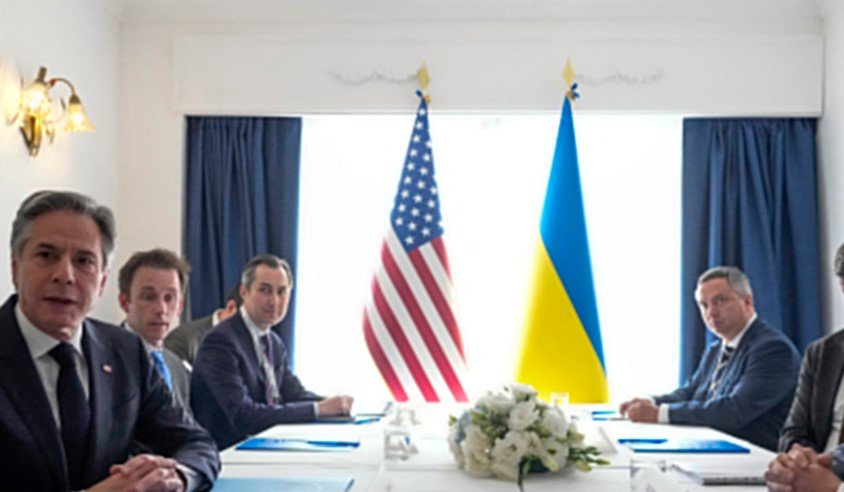As of today, September 3, the mechanisms of the controversial “Russian law” have come into effect in Georgia. This law grants the Ministry of Justice the authority to forcefully register organizations in a specific register, impose fines, or initiate monitoring. The law, which has faced significant opposition from various sectors, including the president, parliamentary opposition, and non-governmental organizations, aims to label organizations receiving foreign funding as “carriers of the interests of a foreign power.” The Constitutional Court has yet to decide on the temporary suspension of this law.
Implementation and Immediate Impact
The enforcement of the “Russian law” has begun with the Ministry of Justice taking active steps to register organizations. This move has sparked widespread concern among civil society groups and media organizations. Many fear that the law will stifle independent voices and limit the operational freedom of non-governmental organizations.
The law mandates that any organization receiving more than 20% of its funding from foreign sources must register as a “carrier of the interests of a foreign power.” This classification has significant implications, as it subjects these organizations to increased scrutiny and potential penalties. The Ministry of Justice has already registered 469 organizations, a small fraction of the total number of entities affected by the law.

Critics argue that the law is a tool for political control, aimed at silencing dissent and curbing the influence of foreign entities. The law’s implementation has been met with protests and calls for its repeal. The Constitutional Court’s pending decision on the law’s suspension adds to the uncertainty surrounding its future.
Political and Social Repercussions
The introduction of the “Russian law” has profound political and social implications for Georgia. The law has deepened the divide between the government and opposition forces, with the latter accusing the former of undermining democratic principles. The president’s veto of the law, which was subsequently overridden by the ruling party, highlights the contentious nature of this legislation.
Socially, the law has created an atmosphere of fear and uncertainty among non-governmental organizations and media outlets. Many organizations have expressed concerns about their ability to operate freely and continue their work without government interference. Some have registered under the law as a temporary measure to avoid fines, while others have chosen to resist compliance.
The broader public reaction has been mixed, with some segments supporting the law as a means to protect national interests, while others view it as a threat to civil liberties. The ongoing debate reflects the polarized nature of Georgian society and the challenges facing its democratic institutions.
International Response and Future Outlook
The international community has closely monitored the developments surrounding the “Russian law” in Georgia. Various human rights organizations and foreign governments have expressed concern over the potential impact on civil society and democratic governance. The law’s alignment with similar legislation in Russia has drawn parallels and raised questions about Georgia’s commitment to democratic values.
The future of the “Russian law” remains uncertain, pending the Constitutional Court’s decision. If the court decides to suspend the law, it could provide a temporary reprieve for affected organizations. However, the long-term implications will depend on the broader political context and the government’s willingness to engage in dialogue with civil society.
In the meantime, organizations and activists continue to advocate for the law’s repeal and the protection of democratic freedoms. The situation underscores the ongoing struggle for democratic governance in Georgia and the need for vigilance in safeguarding civil liberties.
